Below you will find supplementary resources pertinent to The Comparison Project’s 2012-2013 theme of Religious Responses to Suffering. These resources come from students in Prof. Knepper’s Fall 2012 Comparative Religions course and Spring 2013 Philosophy of Religion course. They are ordered from most recent (top) to least recent (bottom).
The Fall 2012 Comparative Religions course first examined then compared religious responses to suffering in Sikhism, Lakota traditions, and Islam. Below you will find some of their analytic and comparative papers as well as a few of their encyclopedic entries.
The Spring 2013 Philosophy of Religion first examined religious responses to suffering in Christianity, Judaism, and Buddhism, then compared and evaluated religious responses to suffering in all six of the religions considered in 2012-2013. Below you will find some of their comparative-evaluative papers.
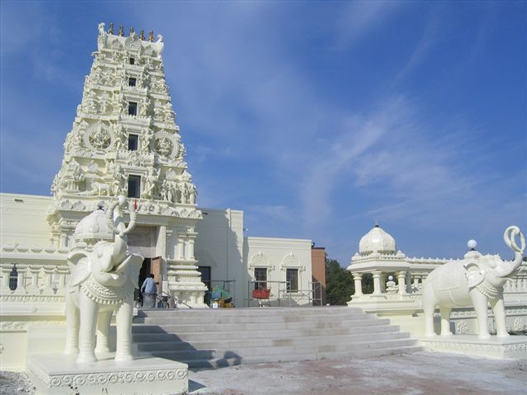
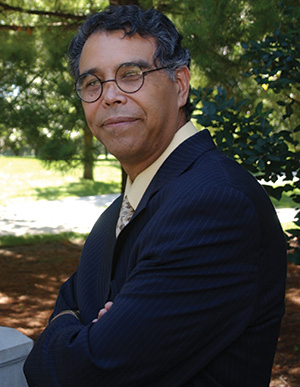
 Hector Avalos, Professor of Religious Studies at Iowa State University
Hector Avalos, Professor of Religious Studies at Iowa State University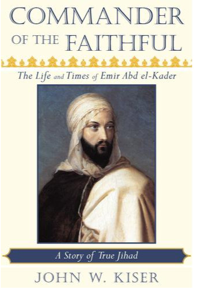

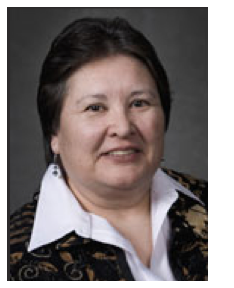
 Michelene Pesantubbee, Associate Professor of Religious Studies and American Indian Native Studies, University of Iowa.
Michelene Pesantubbee, Associate Professor of Religious Studies and American Indian Native Studies, University of Iowa.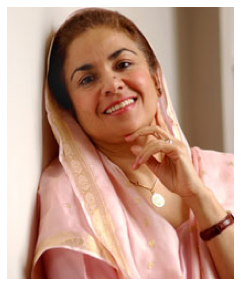
 Nikky-Guninder Kaur Singh, Crawford Family Professor of Religion, Colby College
Nikky-Guninder Kaur Singh, Crawford Family Professor of Religion, Colby College